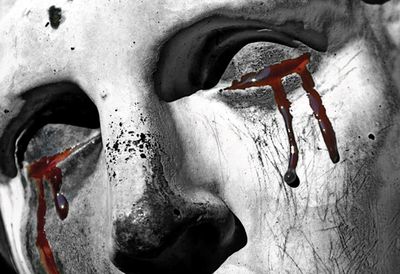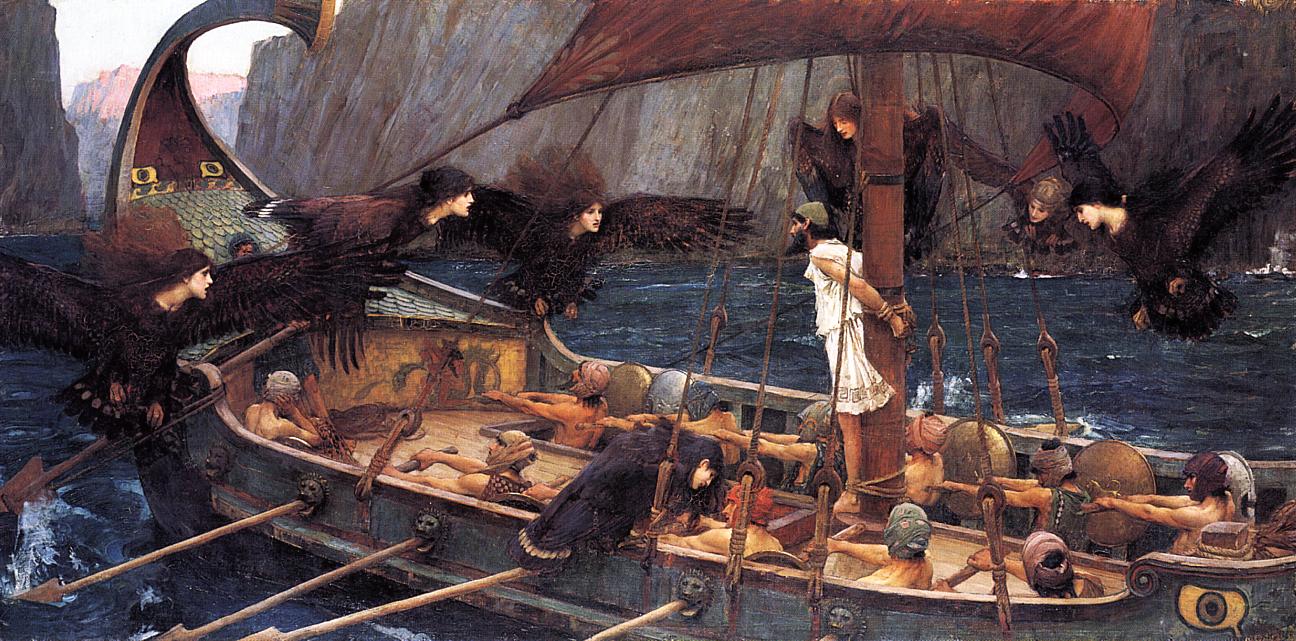More actions
m →Background: Changed order. |
→Euripides: Added entry. |
||
| Line 74: | Line 74: | ||
===Euripides=== | ===Euripides=== | ||
* “[[Euripides' Medea|Euripides’ ''Medea'']]” | * “[[Euripides' Medea|Euripides’ ''Medea'']]” | ||
* “[[November 12, 2020|A Note on ''Medea'']]” | |||
* [[Medea Study Guide|''Medea'' Study Guide]] | * [[Medea Study Guide|''Medea'' Study Guide]] | ||
Revision as of 08:54, 19 July 2022
The following are introductions and background to texts I teach regularly in ENGL 2111 and ENGL 2112. Many links within the essays go to Wikipedia.
Epic Poetry

Background
Gilgamesh
- “Introduction to Gilgamesh”
- “The Humanizing of Enkidu”
- “Ecological Themes in Gilgamesh”
- “Friendship and Two Epics”
- “The Taming of Nature in Gilgamesh”
- Gilgamesh Study Guide
Homer
Iliad
Odyssey

Virgil
Ovid
- “Ovid’s Metamorphoses”
- “Breaking the Girl”
- Some annotated poems may be found in Poetry
- Metamorphoses Study Guide
Tragedy

See Tragedy Overview.
Sophocles
Euripides
Sample Exam Questions
Also see questions under each study guide above.
- Gilgamesh and the Homeric epics are concerned with periods of expansion: i.e., when peoples are struggling to build their nations, both literally and ideologically. Discuss similarities in these three works in what seems to be necessary in building a strong nation and national identity.
- Discuss and illustrate the theme of hospitality and its importance to the social structure in the Odyssey.
- Discuss the implications of Odysseus as narrator in Book 9-12 of the Odyssey.
- In the Poetics, Aristotle cites Oedipus the King as exemplifying the best of tragedy. Discuss how Oedipus the King defines and illustrates what we know as tragedy.
- Many have called Euripides an “iconoclast,” not in a literal sense, but suggesting that his work seems to break the conservative icons of his society; for example: tradition, hierarchy, belief, etc. Examine his iconoclasm citing specific instances from Medea.
- Scholars frequently define an Ovidian concept of love as one that lives “close to the flesh,” suggesting that love in Ovid’s work is really just lust or desire. Discuss the implications of this view on those who love and those who are loved in at least three tales from The Metamorphoses.

